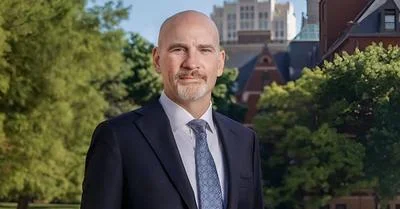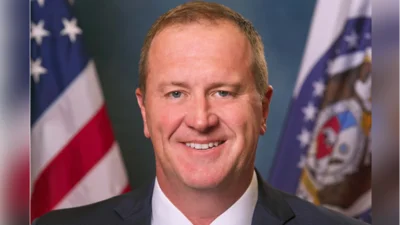Kasia Mulligan, national spokesperson, Patients Come First | Provided Photo
Kasia Mulligan, national spokesperson, Patients Come First | Provided Photo
Patients Come First released new polling showing most Americans believe legal ads about medications can mislead patients and discourage the use of safe treatments. 66% said such ads can make people fearful of medications deemed safe. The announcement was made in a press release.
Legal advertisements targeting medical devices and prescription drugs have come under increasing scrutiny for their potential to mislead patients. Critics argue these ads can provoke fear or confusion, leading some individuals to stop using prescribed medications. Regulatory and medical communities continue to evaluate how these ads influence patient behavior.
In the Patients Come First national poll of 2,110 adults, 66.4% of respondents said legal advertisements about prescription medications could make patients unnecessarily fearful of treatments deemed safe by medical professionals. The poll found that only 11.1% of respondents would immediately stop taking a medication after seeing a legal ad about it, while 64.5% said they would consult their doctor first.
The poll found that 33.9% of respondents said they would be “very likely” and 34.5% “somewhat likely” to stop taking a medication if they saw a legal ad about it. Additionally, 47.6% said they “sometimes” believe such ads exaggerate drug risks, while 21.7% said “often” and 14.6% said “always.” Only 5% said they “never” believe the ads exaggerate risks.
When asked about trusted sources for medical risk information, 66.5% of respondents said they trust their doctor or healthcare provider most, compared to just 5.9% who trust legal advertisements. Only 9.1% said they were “very confident” that legal ads provide balanced, science-based information about medications.
Patients Come First is a national advocacy group focused on reducing barriers to patient care and opposing policies that delay medical innovation. The organization maintains a grassroots network of state-level executive directors to represent patients. It aims to counter the influence of special interests in healthcare policy.





 Alerts Sign-up
Alerts Sign-up